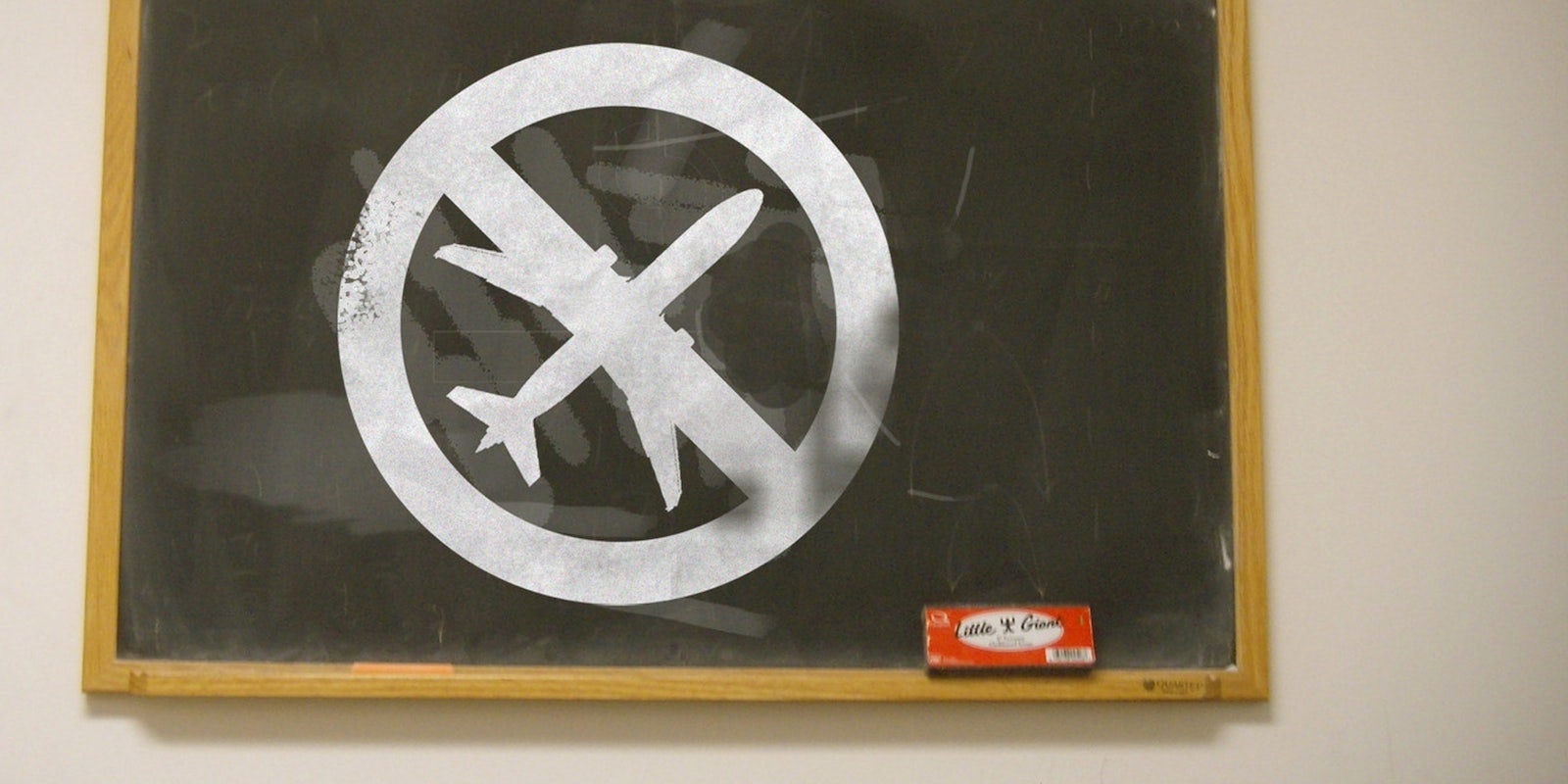The U.S. government said it would remove seven Americans from its controversial No Fly List after a federal judge ruled that the process facing passengers seeking a resolution to their security-related issues was unconstitutional. The move marks the first time that anyone has been removed from the list, which is notorious for keeping dangerous 4-year-olds from visiting their grandmothers.
At present, the only way for a person to get themselves removed from the air-travel watchlist is to apply for redress under the Traveler Redress Inquiry Program (TRIP). In a June decision, Judge Anna Brown of the U.S. District Court for the District of Oregon ruled that the program run by the Department of Homeland Security (DHS) offered exactly no hope for passengers barred from flying.
In her ruling, Judge Brown found that TRIP “does not provide a meaningful mechanism for travelers who have been denied boarding to correct erroneous information in the government’s terrorism databases.”
The government notified the American Civil Liberties Union (ACLU) last Friday that seven of the 13 people who had sued in Oregon to get off the list—a group that included four military veterans— would be removed shortly. The fate of the six remaining people will be decided by January.
At the heart of the No Fly List debacle is a bureaucratic catch-22 that has become a veritable nightmare for passengers caught up in the opaque system. TRIP is set up so that people can dispute being on the list, but it is DHS policy not to admit that someone is on the list in the first place.
While she ruled that TRIP was unconstitutional as currently constructed, Judge Brown did not order DHS to implement any specific changes. Instead, she gave both sides three weeks to determine an acceptable solution. The Justice Department is currently evaluating the ruling and deciding how to proceed, according to NBC News.
“This excellent decision also benefits other people wrongly stuck on the No Fly List, with the promise of a way out from a Kafkaesque bureaucracy causing them no end of grief and hardship,” said ACLU lawyer Hina Shamsi.
Earlier this year, the Intercept published a secret 166-page document produced by the National Counterterrorism Center called “ Watchlisting Guidance,” which describes how more than 1.5 million people have been added to terror watchlists since 2009.
“Watchlisting,” the manual says, “is not an exact science.”
Photo via elleinad/Flickr (CC By 2.0) | Remix by Fernando Alfonso III
